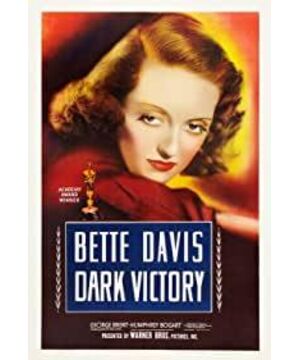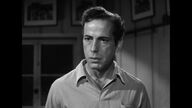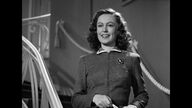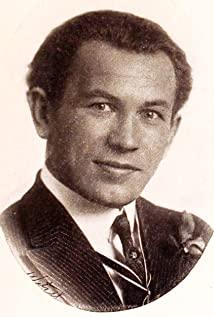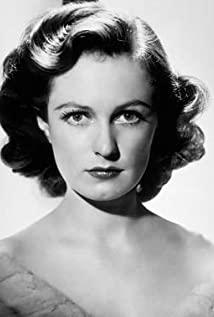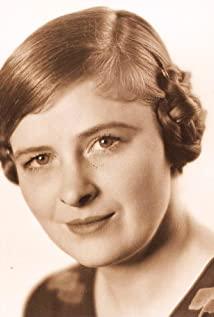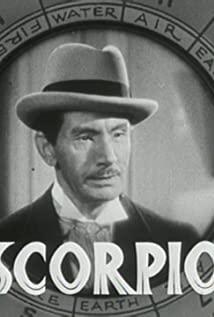[Film Review] Dark Victory (1939)
Another plenary victory in Ms. Davis' bang-up repertoire, DARK VICTORY, her tear-jerking star-vehicle directed by a nimble-handed Edmund Goulding (commendably downplays the story's stagy vibes), strikes as an elemental force of itself which poignantly probes the doleful subject of howto face death on one's own terms when there is not much time left.
Davis plays a young, free-spirited New York socialite Judith Traherne, who has been assailed by headaches for months until her vision is also impaired, after the check-up of Dr. Steele (Brent), an operation is exercised to remove the tumor in her brain, but it is the “prognosis negative” result that sounds the death knell to her, merely 23 years old, she has only less than one year to live, before blindness and then quietus catches on with her sequentially.
What the narrative makes great play of is a one-two step of secrecy-keeping decision, starting with Dr. Steele, whose growing affection of Judith convinces him that he should keep a lid on the bad tidings so that a newborn Judith would at least enjoy the most of her precious remaining time, then, as a maladroit liar, he is blindsided by a perceptive Ann (a stalwart Fitzgerald credibly actualizing her dramatic chops), Judith's bestie-cum-secretary, to whom he lets on the truth and finds himself a partner-in-crime in contiguity with Judith, the latter eventually alights on the hammer blow that cruelly dashes her high-spirited prospect of a new lease on life (including marrying Steele and starting their nuptial life in Vermont), and reverts to her carpe diem intemperance and horse-riding,only to be struck by an epiphany when she frolics with her stable hand Michael O'Leary (Bogart, still paying his dues in subservient roles, but manages to seal a kiss with his leading lady, a boon is not bestowed to Brent, who was in fact engaging an affair with Davis at then), ergo, a right decision takes her on the right track and finally, she finds courage and peace towards her imminent fate, with dignity intact and its fallout minimized to the one she loves, which constitutes the second keeping-mum plot device that amply builds up the climax.she finds courage and peace towards her imminent fate, with dignity intact and its fallout minimized to the one she loves, which constitutes the second keeping-mum plot device that amply builds up the climax.she finds courage and peace towards her imminent fate, with dignity intact and its fallout minimized to the one she loves, which constitutes the second keeping-mum plot device that amply builds up the climax.
It is one of Davis' most spellbinding performance which potently attests her sweeping acting mutability, in the beginning, she is a defensive self-denier, more or less congruent with her sharp-tongued, faintly priggish persona, but not exactly descends into an overbearing prima donna, in no time, her defense is thwarted by Dr. Steele's suave solicitation, yet, what really hits the mark is during those tender moments, where her facet of repentance and earnestness overtakes the screen as we are compelled to invest our empathy to a young woman whose entitlement of living being unfairly cut short, still, she is able to come to terms with it in the most affective fashion that categorically elevates the film above the not so uncharacteristic sugar-the-pill treatment, which the Hollywood assembly line habitually implements on its unsavory subject matter,that is what one calls a legitimately tickets-sellingone-woman-show!
referential films: Goulding's GRAND HOTEL (1932, 7.0/10), Irving Rapper's NOW VOYAGER (1942, 8.7/10), William Wyler's JEZEBEL (1938, 6.9/10).
View more about Dark Victory reviews


